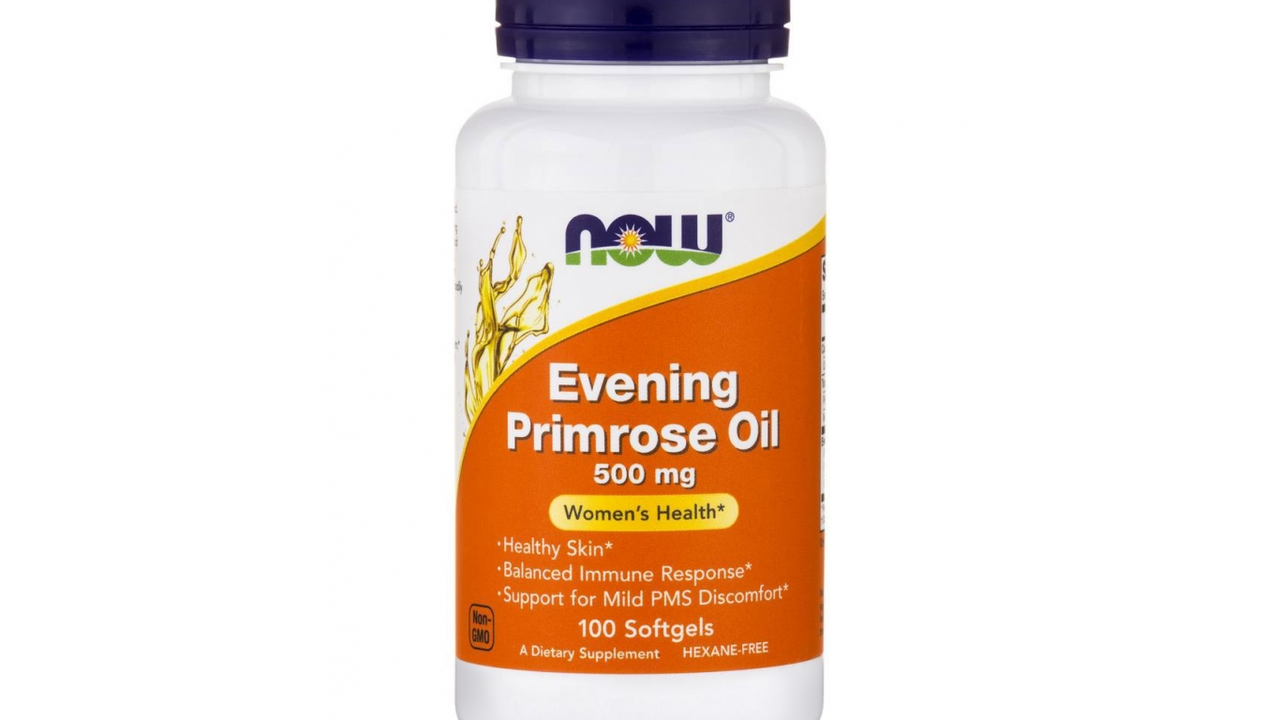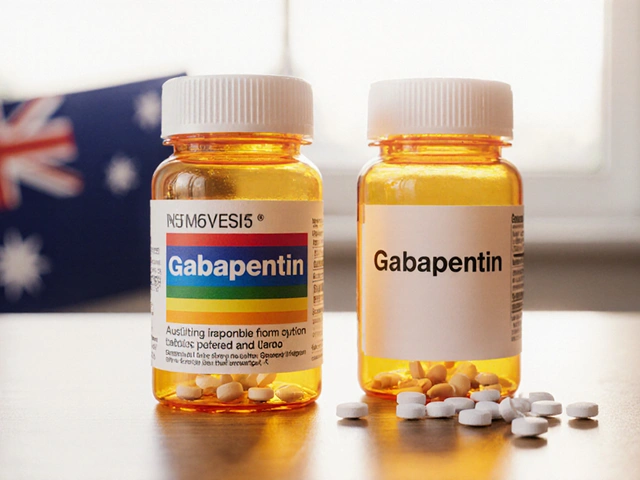Unveiling the Powerhouse Herb: Rhodiola
As life in the 21st century takes on an increasingly frenetic pace, where one often has to play multiple roles in tandem for 24 hours never seems enough, it is no surprise that the modern diet isn't fully capable of catering to our demanding lifestyles. Enter Rhodiola, the unsung hero from the botanical world, which has been vouchsafed by numerous studies to boost not only physical and mental energy, but also resilience. As someone who has had a hands-on experience with the mighty powers of Rhodiola, this isn’t just another dietary supplement you'd want to glaze over at the health store.
Rhodiola, also known by its fancy Latin name, Rhodiola Rosea, is a plant native to the cold, high-altitude regions of Europe and Asia. Its roots contain dozens of bioactive chemicals and have been used in traditional medicine for centuries. Sounds pretty straightforward, doesn’t it? Although as I found out, there's far more under Rhodiola's hood.
Unearthing the Benefits: Rhodiola's Contributions to Physical and Mental Health
The extensive array of benefits that Rhodiola offers is nothing short of phenomenal, hence it’s fitting reference as the 'Golden Root.' However, beneath the broad characterization of certain benefits such as increased stamina, stress reduction, and mood enhancement, lies intricate biochemical processes that I reckon deserve an explicit mention, if only for you to fully understand their significance.
Rhodiola stimulates the synthesis of ATP or Adenosine triphosphate, the main source of energy for our cells. This might not mean much until you realize what it implies - better physical performance, faster recovery from exertion, and increased endurance. In fact, Rhodiola has been used by athletes and cosmonauts for exactly these reasons. Now, I’m not a professional athlete, but between trailing behind my daughter Harriet at the park and sprinting to keep up with my vivacious Golden Retriever, Dexter, additional stamina doesn’t sound too bad, does it?
As for brain functions, Rhodiola increases serotonin and dopamine levels, two chemicals that contribute to a sense of wellbeing, regulate mood, and help in focus and mental clarity. It also suppresses the production of cortisol, the 'stress hormone,' thus reducing anxious feelings and promoting relaxation. I don’t know about you, but this start sounding like exactly the thing I need after a day packed with writing, parenting, and petting.
A Closer Look at the Power Within: Interpreting the Science of Rhodiola
Infused with knowledge on Rhodiola's potential, my curiosity led me to delve deeper into the science of it. It is here that I learned of Rhodiola's adaptogenic property - an ability, exclusive to a few rare herbs, that empowers the body to resist physical, chemical, and biological stress. This essentially means Rhodiola doesn't follow a one-size-fits-all approach, but instead, functions specifically based on what your body needs the most.
Isolated physical stress such as exertion, injury, freezing, or heat can cause strain and Rhodiola, as I found, may help mitigate this. Too busy to recall the last time I experienced physical stress, until the moment my mischievous Dexter decided to give chase to the neighbor's cat, dragging me along. Let's just say my sprinting skills were instantly put to the test and my appreciation for Rhodiola's benefits skyrocketed the very next day when I woke up surprisingly devoid of any joint aches.
On an environmental level, Rhodiola also proves useful. Studies have shown that it protects against toxins we are exposed to, every day, in our food, water, and air, activating body’s natural detoxification processes. As someone who likes to believe in the assurance that I am doing something good for my body, I find this advantage of Rhodiola genuinely pertinent to my lifestyle.
Making Rhodiola a Part of Your Life: A Comprehensive Guide
With all of Rhodiola's benefits emphasized, I understand if you're now eagerly wondering how to make it a part of your life. I suggest starting with a supplement that contains 100 to 200 milligrams of Rhodiola. However, it is essential to remember that everyone's body responds differently. You may need less or more based on your individual needs, so adjustments are necessary.
One handy tip I discovered during my Rhodiola journey is to take the supplement 15-30 minutes before meals, usually twice daily. Also, to get the most out of it, consistency is key. While doing some people report feeling the difference in just a few days, it took me about two weeks before I started noticing significant changes. But trust me when I say, regardless of when the effects kick in, it certainly feels worth the wait.
Incorporating Rhodiola as part of a balanced lifestyle could indeed prove revolutionary for the modern individual. However, due to the potent nature of this supplement, it is always advisable to consult with a healthcare professional before starting any new supplement routine. Hopefully, you're a bit more equipped to tackle the pace of modern life. And who knows, you too might start to view life on the 'rooted' side!





15 Comments
Wayne Adler
Man, juggling work, kids, and a hyper‑active dog can feel like a never‑ending marathon, and I totally get that. I’ve tried a bunch of supplements, but Rhodiola actually gave me that subtle lift without the jittery crash. It kinda feels like your brain got a gentle wake‑up call, you know? Just be consistent, and you’ll notice the difference after a couple of weeks. Definitely worth a shot for anyone feeling burnt out.
Shane Hall
Wow, reading about your experience really resonated with me! I love how you highlighted the timing – 15‑30 minutes before meals is a game changer. When I started the same routine, I felt more focused during my afternoon workouts and less anxiety overall. Keep sharing your journey, it’s super motivating for the rest of us!
Christopher Montenegro
The mechanistic underpinnings of Rhodiola's adaptogenic capacity warrant rigorous scrutiny. Recent meta‑analyses have delineated a statistically significant modulation of the hypothalamic‑pituitary‑adrenal axis. Specifically, the attenuation of cortisol output is mediated via upregulation of glucocorticoid receptor sensitivity. Moreover, the phytochemical profile includes rosavins, salidroside, and tyrosol, each exerting distinct neuroprotective effects. Salidroside, for instance, has been shown to augment mitochondrial biogenesis through PGC‑1α activation. This cascade culminates in enhanced oxidative phosphorylation efficiency. From a pharmacokinetic perspective, the bioavailability of these constituents is contingent upon intestinal transporters such as OATP1A2. Inter‑individual variability in transporter expression thus explains heterogeneous clinical responses. The implications for athletic performance are nontrivial, given the documented increase in VO2 max parameters. However, the literature also flags potential drug–herb interactions, particularly with serotonergic agents. Such interactions may precipitate serotonin syndrome in susceptible patients. Consequently, a risk–benefit analysis is indispensable prior to integration into therapeutic regimens. The dosimetric considerations outlined in recent trials suggest a therapeutic window of 150–300 mg per day. Nonetheless, extrapolation from acute dosing studies to chronic supplementation remains speculative. In summary, while the extant evidence base is promising, it is imperative that future investigations adopt double‑blind, placebo‑controlled designs to substantiate these preliminary findings.
Kyle Olsen
Allow me to interject with a note of caution: while the hype surrounds Rhodiola, one must not overlook the paucity of long‑term safety data. The existing trials, albeit promising, are often underpowered and fraught with methodological inconsistencies. Moreover, the commercial market is saturated with substandard extracts that may lack the requisite rosavins content. Consumers should therefore demand third‑party testing and adhere strictly to recommended dosages. In short, enthusiasm must be tempered with scientific rigor.
Sarah Kherbouche
Honestly, I think this whole "golden root" hype is just a marketing ploy. Most of us in the US don’t need some foreign herb to survive the daily grind – hard work and proper sleep are enough. Plus, these supplements are overpriced and unregulated. I’d rather spend my money on real food.
MANAS MISHRA
Hey there! I completely agree with the point about checking the label for standardized extracts – it’s a crucial step. In my experience, a product that guarantees at least 3% rosavins and 1% salidroside works best. Also, pairing Rhodiola with a balanced diet and regular movement amplifies the benefits. Glad you’re sharing these practical tips!
Lawrence Bergfeld
Great summary, concise and to the point! Take it with a meal, stay hydrated, and monitor how you feel.
Chelsea Kerr
🌿✨ Absolutely love how Rhodiola can gently lift both mind and body! It’s like a tiny nature‑powered boost that fits right into a busy day. 🌞💪 Keep the good vibes coming!
Tom Becker
Okay, but have you considered that big pharma might be hiding the real truth about these herbs? I mean, why would they let a simple root gain such popularity without a secret agenda? It’s all part of a larger scheme to control our health choices, don’t you think?
Laura Sanders
While the anecdotal evidence is abundant, peer‑reviewed literature remains limited. Therefore, cautious optimism is advisable.
Jai Patel
Namaste! 🌺 From a cultural standpoint, adaptogens like Rhodiola have been revered across Himalayan communities for centuries. Infusing this wisdom with modern science can truly empower our wellness journeys. Stay vibrant, friends!
Zara @WSLab
👍 Thanks for the cultural insight! It’s fascinating how traditional practices align with today’s research.
Randy Pierson
Hey all! Just a heads‑up: when you’re hunting for a quality Rhodiola supplement, look for third‑party certifications like NSF or USP. Those seals ensure the product contains what it promises without hidden fillers. Trust me, it makes a world of difference.
Bruce T
Honestly, I think people over‑hype any herb without solid proof. If you’re skeptical, stick to proven methods like exercise and a balanced diet.
Darla Sudheer
Interesting take!